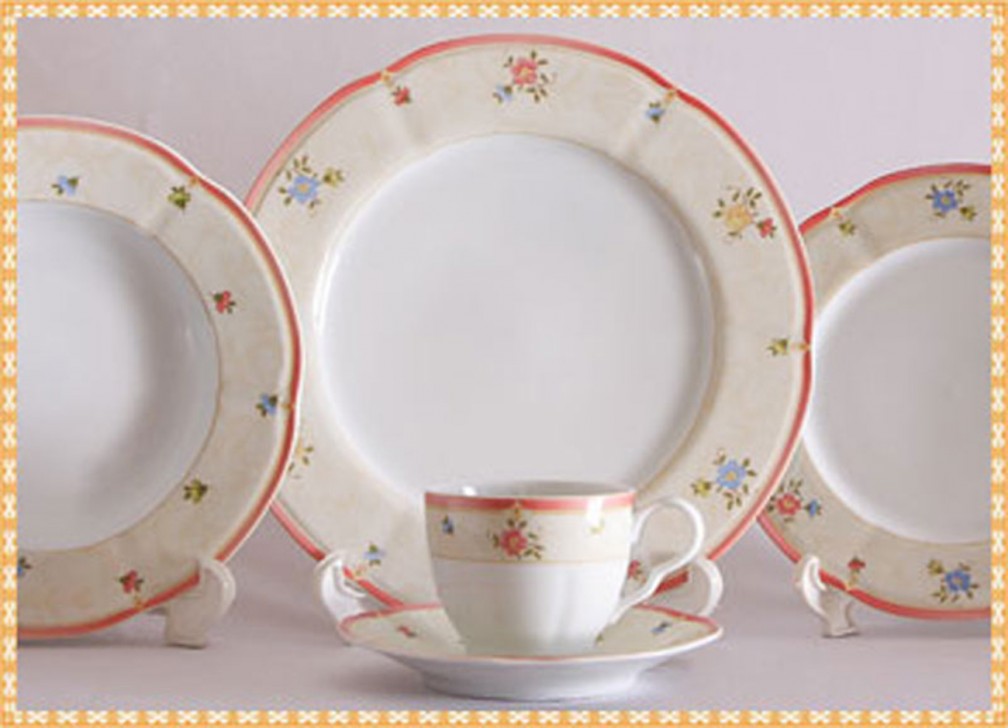Gas price hike to raise ceramic production cost

The recent gas price hike will increase the cost of ceramics production by 10 percent, which will be a huge blow to the local ceramic manufacturers and consumers, sector people said.
The government has increased gas prices by 37.89 percent for industrial use, 43.97 percent for captive power and 7.5 percent for compressed natural gas (CNG), which became effective from yesterday.
The hike in gas price for industrial use and captive power will increase the production cost by 5 percent, said Irfan Uddin, general secretary of the Bangladesh Ceramic Manufacturers and Exporters Association (BCMEA).
“The rise in CNG tariff will fuel the transportation and distribution expenses, which will ultimately increase the production cost of ceramic makers by another 5 percent.”
The gas price rise will hit our competitiveness both in local and international markets and the local market will be flooded with cheaper imported products,” said Md Shirajul Islam Mollah, president of the association.
The hike will create a crisis for the industry, as gas is a must for ceramics production, he said.
The demand for ceramics in Bangladesh is increasing by 20 percent on an average every year, according to data from the BCMEA.
The sector, with a market size of around Tk 30,000 crore, has experienced 200 percent growth in production in the last 10 years, and Bangladesh now holds 0.14 percent of the global export market, it said.
The sector meets 80 percent of the local demand, Mollah said.
In fiscal 2017-18, local ceramic makers exported goods to over 50 countries worth around $50 million, a 20 percent year-on-year rise, according to the BCMEA.
The government should take measures to protect the local industry, which is now capable of producing world-class ceramic products, said Irfan Uddin, also a director of FARR Ceramics Ltd.
Ceramics export will be hit hard because of the rise in production cost, said Moynul Islam, senior vice president of the BCMEA.
Ceramic production cost will increase by 10 percent whereas foreign buyers do not want to increase their purchase price by more than 3 percent annually, said Islam, also the vice chairman of Monno Ceramic Industries Ltd.
“We will be in a huge trouble as China will come up with lower rates than us.”
Islam prescribed some solutions to the crisis. The sector will be saved if the government increases the cash incentive for ceramic export to 25 percent from the existing 10 percent, he said.
“The depreciation of the taka against the dollar can be the other solution, as it will increase ceramic makers’ export earnings.”
